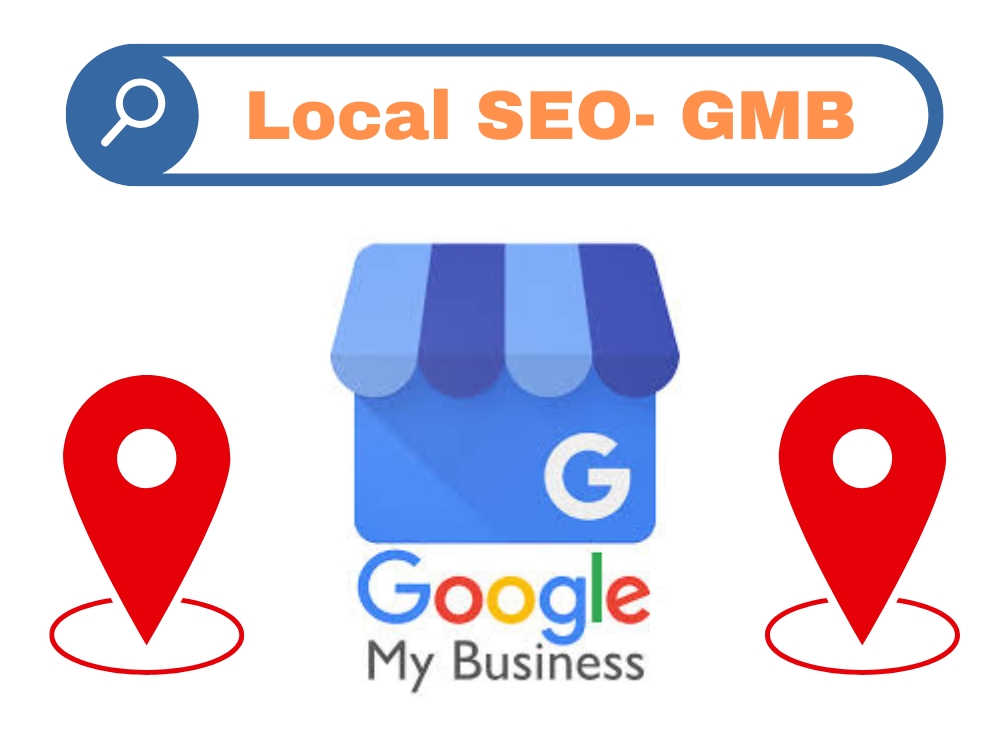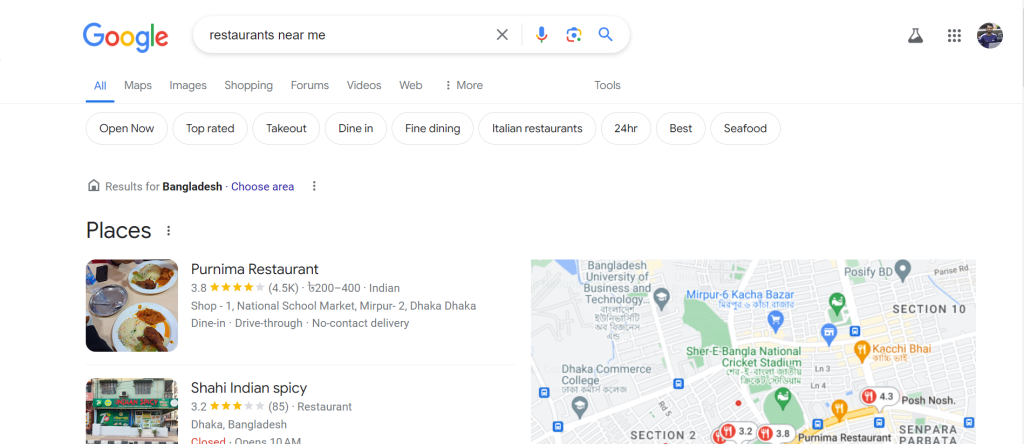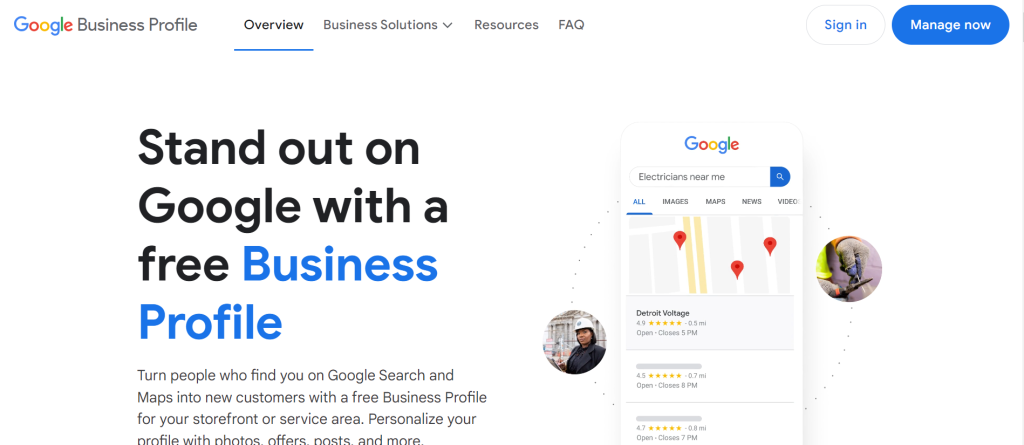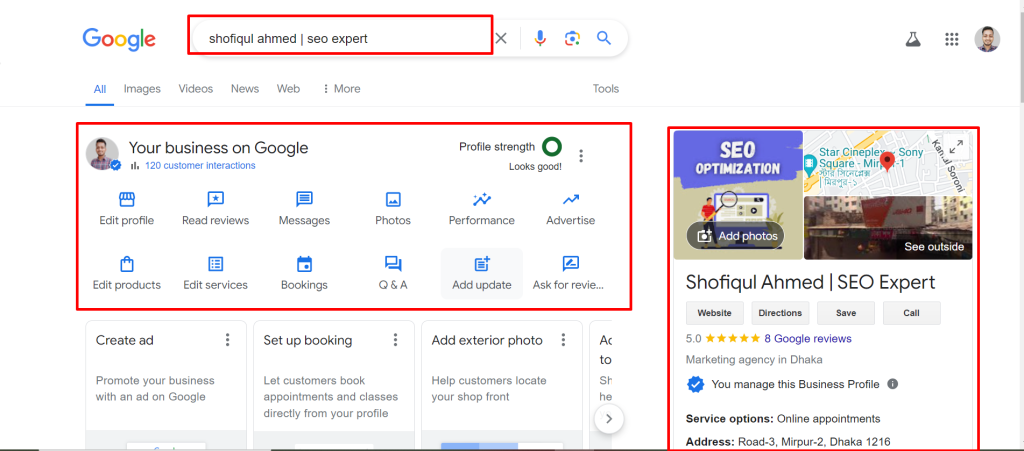On-Page SEO for Local Businesses
In today’s competitive digital landscape, effective on-page SEO is crucial for local businesses aiming to attract and retain customers from their immediate vicinity. This comprehensive guide dives deep into proven strategies and essential tips tailored to enhance your website’s visibility in local search results. Discover how to optimize your content with localized keywords, leverage schema markup for enhanced search understanding, ensure mobile-friendliness, and craft compelling meta tags—all designed to elevate your business’s presence in local search engine rankings.

Localizing Website Content
Creating Localized Landing Pages
To attract local customers, it’s essential to create landing pages tailored to specific locations. Localized landing pages should feature content relevant to the community or area you’re targeting. Include local landmarks, events, and neighborhood highlights to make your page more relatable.
Tips:
- Use location-specific terms and phrases.
- Add testimonials or case studies from local clients.
- Ensure each landing page has unique content to avoid duplicate content issues.
For more on local keyword optimization, check out this comprehensive guide to local keyword research.
Incorporating Local Keywords into Content
Local keywords are phrases that potential customers use when searching for services in their area. Integrate these keywords naturally into your content to improve your local search rankings.
Tips:
- Research local keywords using tools like Google Keyword Planner or SEMrush.
- Place keywords in strategic locations, such as within the first 100 words of your content, in headers, and throughout the body text.
Optimizing Meta Tags and Headers
Meta tags and headers play a significant role in search engine optimization. Optimize these elements to enhance your local search visibility.
Tips:
- Writing SEO-Friendly Title Tags: Craft title tags that include your primary local keyword and the name of your business. Keep it under 60 characters for optimal display in search results.
- Crafting Effective Meta Descriptions: Write compelling meta descriptions that describe your business and include local keywords. Aim for 150-160 characters to ensure the full description is visible in search results.
- Using Headers (H1, H2, H3) Strategically: Use headers to organize your content and include local keywords where appropriate. H1 should contain your main keyword, and H2 and H3 headers can help break down your content into sub-sections.
Local Business Schema Markup
Schema markup helps search engines understand the context of your content, which can improve your local search visibility.
Implementing LocalBusiness Schema
Add LocalBusiness schema markup to your website to provide search engines with detailed information about your business, such as name, address, phone number, and business hours.
Tips:
- Use Schema.org LocalBusiness schema to mark up your contact details and other relevant business information.
- Validate your schema markup with Google’s Rich Results Test.
Using Review and Rating Schema
Showcase your business’s reviews and ratings using review schema markup to enhance your search appearance.
Tips:
- Add Review schema to display customer reviews.
- Include AggregateRating schema to highlight average ratings and the number of reviews.
Adding Geo-Coordinates to Schema
Including geo-coordinates in your schema markup helps search engines understand your business’s exact location.
Tips:
- Use the GeoCoordinates schema to provide latitude and longitude information for your business location.
Optimizing for Mobile
With more people using mobile devices to search for local businesses, ensuring your site is mobile-friendly is essential for local SEO.
Ensuring Mobile-Friendliness
Ensure that your website offers a seamless experience across all devices. Mobile-friendly websites improve user experience and can positively impact your search rankings.
Tips:
- Use responsive web design to adapt your site’s layout for different screen sizes.
- Test your site’s mobile-friendliness using Google’s Mobile-Friendly Test.
Implementing Accelerated Mobile Pages (AMP)
AMP pages load faster on mobile devices, which can enhance user experience and boost your local search rankings.
Tips:
- Create AMP versions of your most important pages to improve load times.
- Validate your AMP pages with Google’s AMP Test.
Local SEO Services
For expert assistance with your local SEO efforts, consider professional local SEO services that can help you achieve better search rankings and drive more local traffic.
Conclusion
On-page SEO for local businesses involves a combination of strategies tailored to improve your local search visibility. By localizing your content, optimizing meta tags and headers, implementing schema markup, and ensuring mobile-friendliness, you can enhance your website’s effectiveness in attracting local customers.





